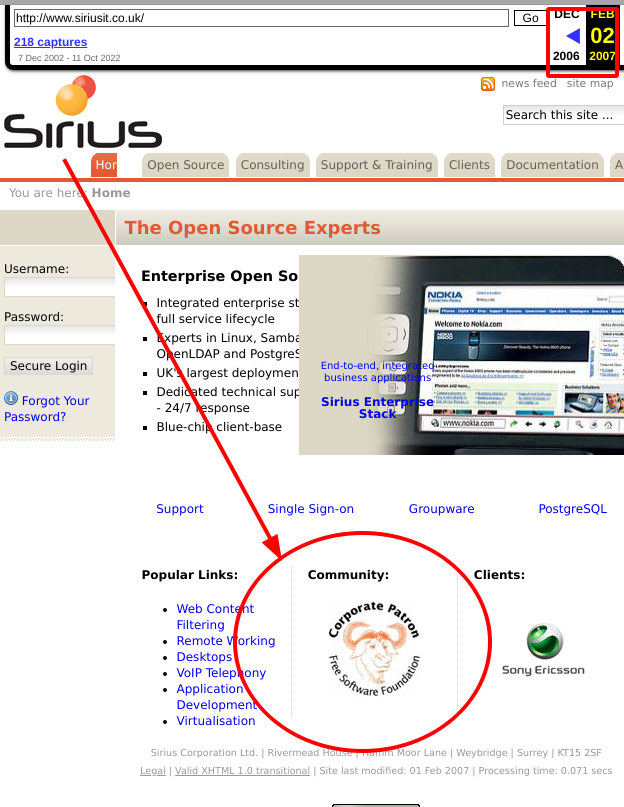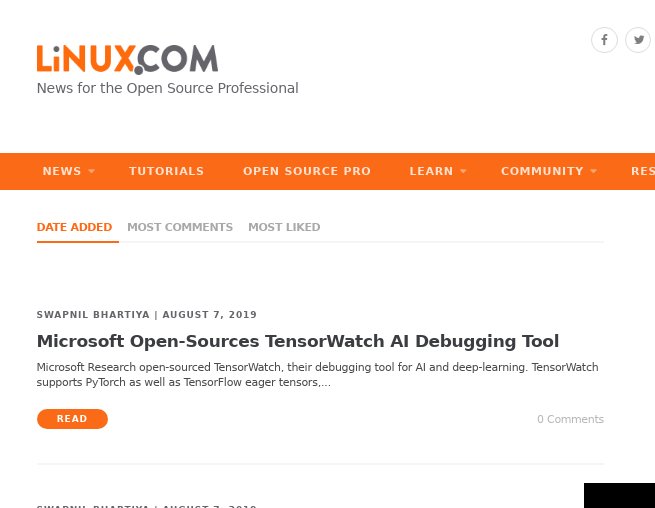Video download link | md5sum c4ca62ca5c8ebc2a7974b42f3ff4d884
Why the Pension Story is Relevant to Us
Creative Commons Attribution-No Derivative Works 4.0
Summary: The crimes of Sirius ‘Open Source’ will be the subject of many future posts and today we explain why this is a subject of relevance to Techrights
THE pension situation where I worked for nearly 12 years impacts a lot of people and it helps reveal rampant corruption in the pension ‘industry’. I’ve been thinking about this deeply for days, also in light of several news items about France and about the US pension promises being unsustainable. Are people meant to ever retire? Are people living to work? Or they do work to eventually live? (Hours after work or after they leave work altogether)
We have a lot more information in the pipeline, albeit we’re limited by what we can say at any one time. The reasons are explained in the video above as well.
Why did the accounting people allow pension fraud to carry on for so long? Could they not refrain from collaborating? In fact, who does the accounting anyway? There might be an even more sinister scandal therein and we’re investigating the matter.
Another question: can one actually withdraw a pension early? The state would say that’s possible, but companies lie their way or simply hide when the subject comes up (e.g. bank details specified or time for cheque to be picked up with paperwork signed). The outcome of any hypothetical investigations into this turn out to be ugly. The pensions seem like a black hole. You can put money in, or think you put money in, but you can never take anything out.
Our approach here has been multifaceted; the goals and methods are many. Since we deal with an actual criminal matter, we cannot be ignored by pension providers, police etc. They cannot simply turn a blind eye. Everyone agrees that pension providers are very sensitive about their brand/reputation (more so than banks). There are several reasons for this, but those are beyond the scope of this post.
As noted in the video above, many in the “tech” sector have a decent salary and thus pensions. Employers typically enroll staff as means of lock-in or “loyalty”. Millions of programmers and GNU/Linux engineers have been subjected to this, so it is on topic and very much relevant now that the media starts questioning the viability of pension-like systems (in the long run). Discussing the matter can compel them to double-check these things and, in general, it’ll help guard workers’ rights.
The coming week should be interesting as we investigate along several separate lines. First, the accountancy. I wrote to them this weekend:
Hi,
I am writing to you as a person who recently resigned from your client, Sirius Corporation.
You may or may not know this, but Sirius Corporation and a shell called Sirius Open Source Ltd. changed their company address to your address this past October. I confronted the company’s CEO in length over it (40-minute phonecall). He supplies a false address. The company claims to be based at your address. This CEO resigned only weeks ago.
To make matter worse, the company committed serious pension fraud, as confirmed to me and ex-colleagues on April 11. We have formal letters from Standard Life to share with you. This is now a criminal matter and a serious issue that may unfold in months to come. It represents potential reputational harm to your firm.
We expect the the person you’re dealing with might face extradition proceeding and prosecution for fraud, committed against many people for years.
I can discuss this over the telephone with you. It’s an urgent matter.
In addition, we’ll show what happens when you ask a pension provider to explain lies from many employees, including a manager. We’ll then show what happens when one asks for an “unauthorised” (but legal) withdrawal.
Finally, we can show what happens when trying to tackle criminals directly. Imagine the “big boss” pretending that he does not even exist; while he was stealing a lot of money from his staff in secret he worked out secret deals, eventually one with Bill Gates under an NDA.
To be very clear, this is not about the money; this is not about “destroying Sirius” either but about holding criminals fully accountable and doing justice for the victims, of whom there are many (Standard Life actively obstructs inquiry into how many).
The crime in this case was committed against GNU/Linux enthusiasts. It was committed by people who are not even using Linux but are recommending the Linux Foundation. Yes, that one! Remember that Linux Foundation is not for Linux. Linux is for Linux Foundation, but Linux Foundation is not for Linux but for Microsoft et al. It’s not a reciprocal relationship but an exploitative one. The same is true in Sirius. The company has oppressed and exploited people who actually use what the company uses in its marketing.
For comparison’s sake, to paraphrase a friend, there’s the Linux Foundation, which has Microsoft staff on the BoD. In Sirius, the management staff does not use Linux. Then we have the Linux Foundation, whose director doesn’t even use Linux. Or Linux Foundation, which fails to protect the kernel from hostile code. In the case of Sirius, money was taken from Bill Gates in secret. We still cannot figure out what the NDA was meant to hide and why there was a relocation to Washington. Then we have the Linux Foundation, whose bureaucrats have higher salaries than key developers. Remember that Sirius paid its technical staff like 3 or 4 times below market standards (for this kind of job and working times).
Compare this to the Linux Foundation, which has Linux-hostile board members. In Sirius, some managers just bullied the staff and oppressed people like it was a hobby
The Linux Foundation, which advertises for its most hostile competitor, seems like an apt analogy here for many reasons. The bottom line is, the company engaged in fraud (we only found out this year) and its victims are many people who actually use GNU/Linux, unlike the perpetrators of the fraud.






 Filed under:
Filed under: 

 will soon make changes to my microblogging routine. Probably some time next month. Here’s the alta vista of it.
will soon make changes to my microblogging routine. Probably some time next month. Here’s the alta vista of it.

 AST night I saw a somewhat ‘trollish’ bunch of reports. I saw Slashdot [1], linking to Phoronix [2] with a grammatical mistake in the headline (“Yes, Linux Does Bad In Low RAM / Memory Pressure Situations On The Desktop”).
AST night I saw a somewhat ‘trollish’ bunch of reports. I saw Slashdot [1], linking to Phoronix [2] with a grammatical mistake in the headline (“Yes, Linux Does Bad In Low RAM / Memory Pressure Situations On The Desktop”).
 elcome to Linux.com!
elcome to Linux.com!